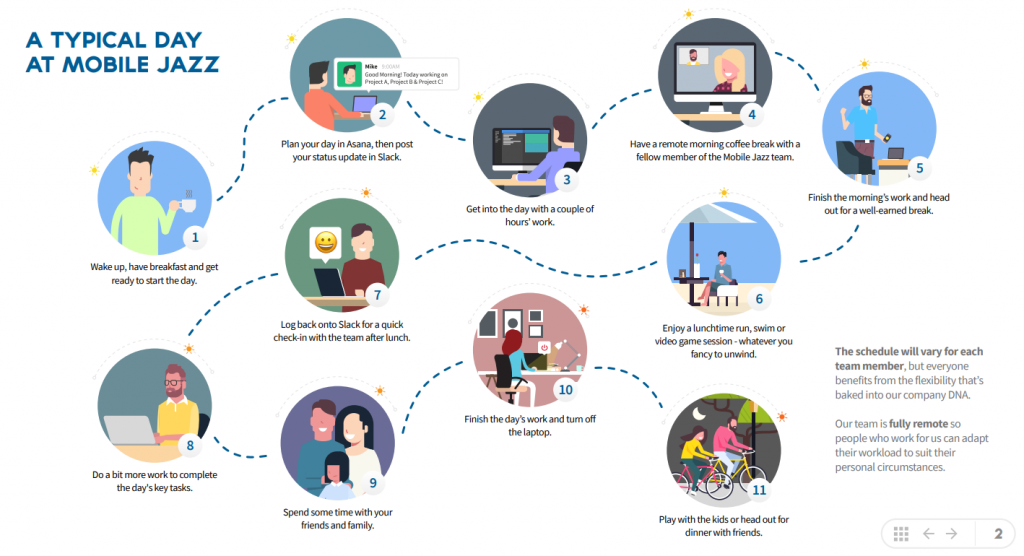
“Learn Enough Docker to be Useful” is a series of articles (so far 6) that explains different parts of Docker in a very simple and straightforward way. Here are the parts so far:

“Learn Enough Docker to be Useful” is a series of articles (so far 6) that explains different parts of Docker in a very simple and straightforward way. Here are the parts so far:
Blockchain technology has been in the news a lot lately. Most of the attention however was on the cryptocurrencies and ICOs. But that’s a very tiny part of what the blockchain is all about.
There are many different applications of the blockchain technology – some we already know and some are yet to be discovered. But there’s this one particular milestone, which I consider of ultimate importance.
Freeland, which is a set of social, technological, and business experiments has recently announced the Freeland passport. Watch the above YouTube video (in English, or this one in Russian), which showcases the passport.
Now, with the quick “yes” answer to your question of “Is this real?”, let me ask you a question in return: is your mind blown yet? Mine is.
I think this is a very important milestone in major social, cultural, legal, technological, and financial transformations that are already changing the world. This passport is a beautiful bridge between the two very complex, yet very different worlds we now live in – the physical and the digital.
This is not the beginning, and this is not the end. But this is one of those moments in history, which a lot of people today won’t recognize as such, yet the generations to come will definitely point out and understand.
Ladies and gentlemen, we are living in the very exciting times!

“Intro to basic web application security” is an excellent overview of the most common mistakes web developers make when it comes to security. The article provides practical examples (including code snippets and screenshots), which illustrate the problems and ways to solve them. The list includes:

I’ve seen plenty of company handbooks. Some of those were in the companies that I worked for. Others – shared documents from companies I’ve only heard about. Mos of these handbooks were rather boring HR documents, explaining boring HR rules and polices to mostly new employees – working hours, company structure, dress code, and the like.
Today I came across a different kind of the company handbook. It comes from the Mobile Jazz, which is a mobile and web development company.
Have a look at this PDF. It’s a thing of beauty!
Before I even finished reading through it, I wanted to work for or with the company. It’s cool. It’s fun. It’s awesome!
And it doesn’t matter from which perspective you are looking at it. The design of the document is great. The content is great. The purpose is great. And it radiates the company culture, and what a culture it is!
I just can’t get enough of it. It’s exactly the kind of place most techies want to work for. It’s open. It’s transparent. It has great values. It’s immediately trustworthy.
This is an excellent example for so many companies to follow! Raising the bar, one company handbook at a time…
Open Source Software is cool and exciting. If you are a developer. But building a business around it is quite challenging. Many have tried and failed. And only a few have succeeded.
Recently, I came across this article – “The Internet Was Built on the Free Labor of Open Source Developers. Is That Sustainable?” – which dives into this issue and explores it pretty deep.
That also reminded me of so many post-mortems for technical startups that I’ve read over the years. “RethinkDB: why we failed” is one such example.
Surely, articles like these shouldn’t stop people from building businesses around the Open Source Software. But they should at least balance out the rosy eyes approach many entrepreneurs have.